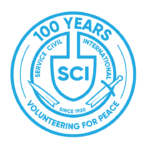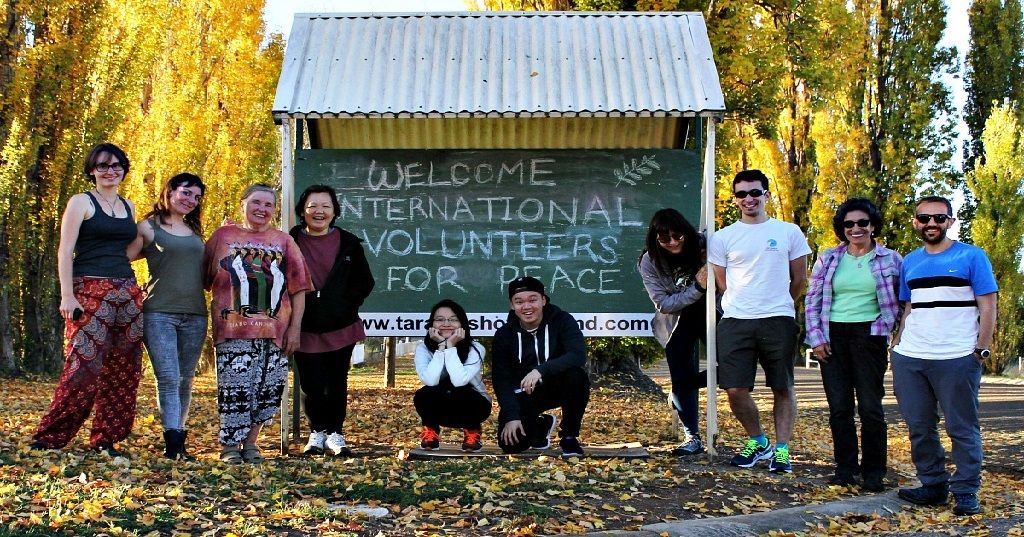Water
Fresh water is a finite resource essential to life on earth. Water is often diverted and used without regard to downstream environmental or anthropogenic users. To supply excessive urban and agricultural demand, large areas of land are destroyed to build infrastructure, reservoirs and pipelines causing environmental and social degradation. Where it is scarce, wars have been and are being fought for access to fresh water.
Water is commonly used for urban and industrial effluent discharge and waste disposal causing pollution of freshwater and marine systems. Underground water supplies are non-renewable and can be polluted naturally (eg arsenic ground waters of Bangladesh) or anthropogenic (eg leaking nuclear wastes in USA). Changes to groundwater levels connected with poor irrigation practice or unmanaged clearing of vegetation can lead to salinisation of arable land.
Workcamps should integrate measures for water conservation wherever possible – follow the hierarchy, ‘Reduce, Reuse, and Recycle’.
Energy
Fossil fuel energy production is the world’s leading source of greenhouse gases causing global warming. Atmospheric pollution from power stations damages natural habitats and affects human health. Mining, generation and distribution of electrical power is detrimental to the land and water. Using renewable energy and or minimising energy used in the workplace, accommodation and during leisure time, contribute towards minimising these impacts.
Land Use
Growth of urban areas, agricultural intensification, vegetation removal and fragmentation all cause environmental degradation on a large scale. In workcamps that involve land management (e.g. organic farming, planting trees), it is important to consider short and long term impacts.
Organic Produce
Organic produce, avoids the use of artificial pesticides and fertilisers that harm soil, wildlife and aquatic systems. Use organic produce wherever possible.
Transport
Fuel use for transport is a major source of global pollution. Air travel is the most damaging for the environment and should be kept to a minimum. Avoid short-haul flights where trains or buses are a viable alternative. Vehicles exhaust causes high rates of childhood asthma.
Transport infrastructure, dissects natural habitats reducing floral and faunal mobility. Impermeable roads reduce water infiltration and change surface flows while the traffic adds heavy metal pollutants to the run-off waters.
Workcamps can encourage travel by less polluting transport (to and from the project and at the project). Both participants and local people can investigate more sustainable forms of transport.
Local Produce
“Food Miles” (the distance travelled by food before it reaches your plate) cause pollution via transportation. Buying local products saves energy and therefore pollution.
Waste
Most waste is buried or dumped on the ground and some is disposed at sea, leading to pollution of soil and water. As putrescible waste decomposes it releases methane gas, one of the greenhouse gases. This methane should be tapped to produce energy, and the decomposed matter should be reused as fertiliser. However, recycling waste materials is energy intensive requiring mechanical extraction processes and transportation.
Follow the waste hierarchy, “Reduce, Reuse, Recycle”: Reduce the amount of waste produced and purchased. Find new uses for clothing, paper and plastic waste. Recycle only when it cannot be reduced or reused.


